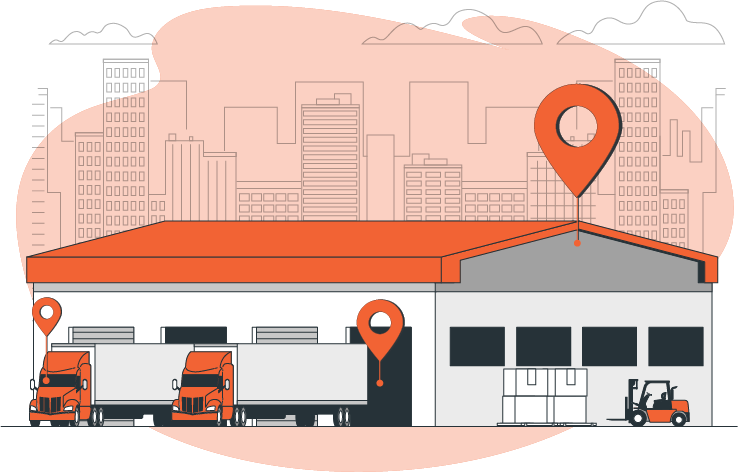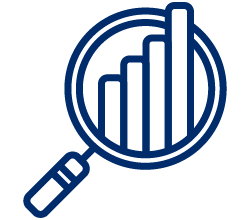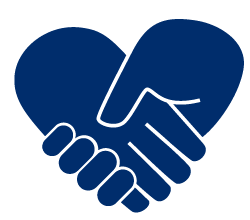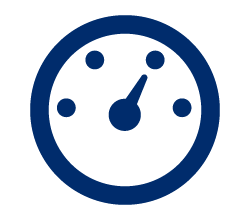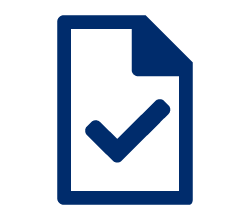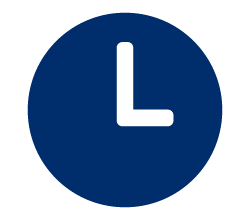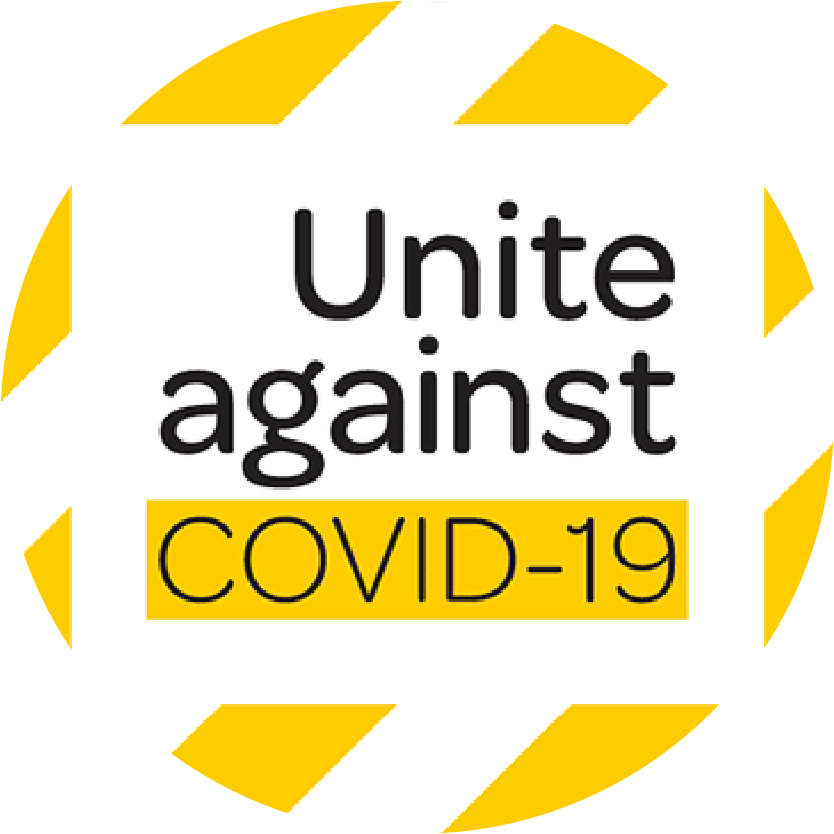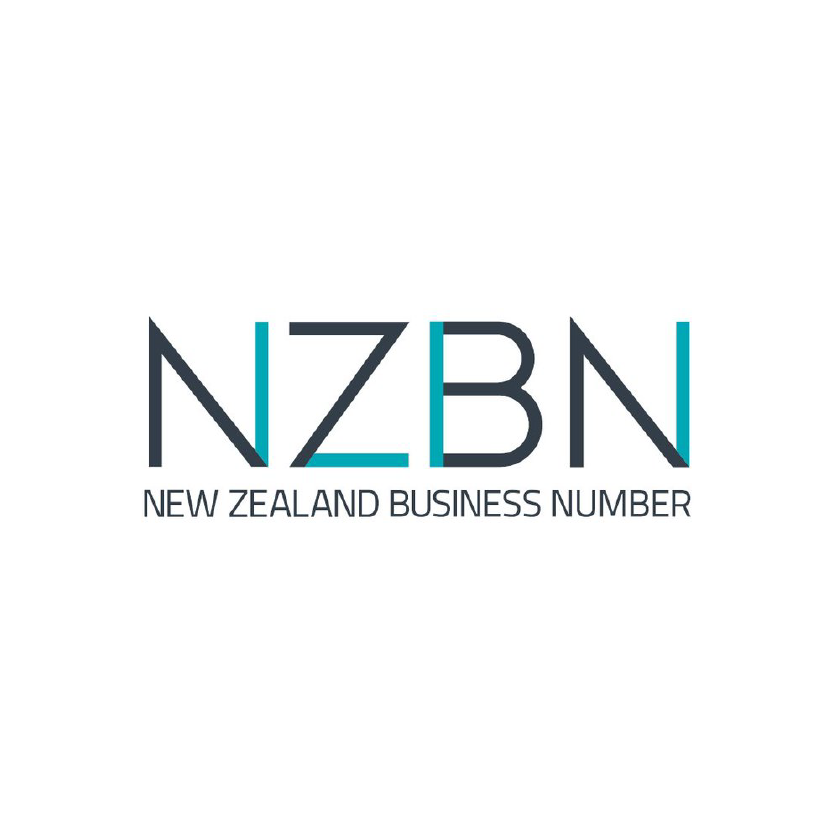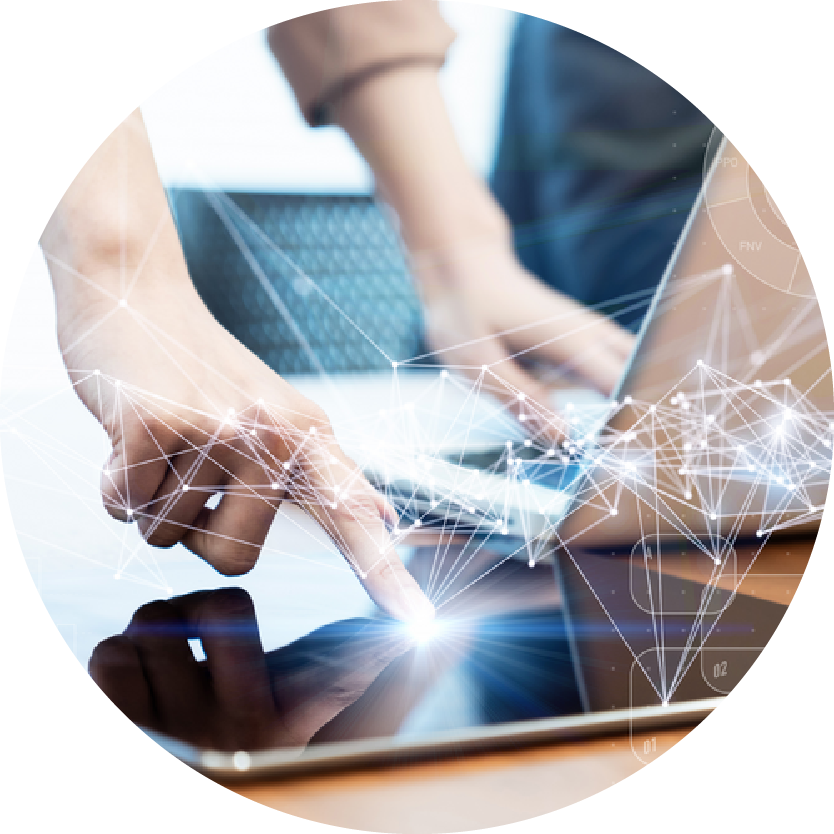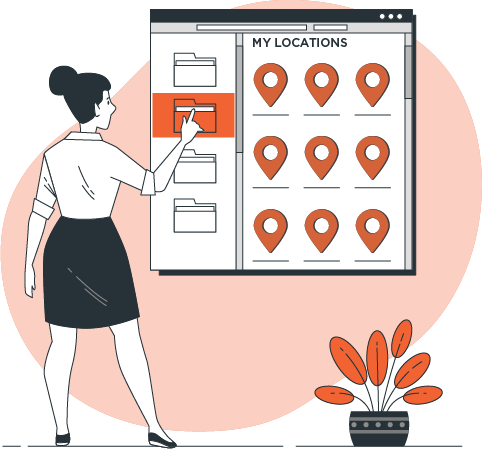Global Location Numbers
The key to automated business processes and visibility.
The Global Location Number (GLN) is a globally unique, standardised identifier enabling organisations to answer the questions “who?” and “where?” within their organisation or supply chain.
What are GLNs?
What are GLNs?
Powered by GS1 standards, GLNs uniquely identify parties and locations. including legal entities, physical locations, mobile locations, digital locations and functions, (e.g. a warehouse, the invoicing digital mailbox, a hospital or community pharmacy, loading docks, ships, farms, or an asset management system). The GLN can help an organisation track product, optimise processes, and have greater visibility over transactions worldwide.
Did you know?
- As a New Zealand Business you already have a GLN - it’s the New Zealand Business Number (NZBN). Search for an NZBN
- GLNs are sometimes known as Organisation Parts - they enable businesses to extend beyond their NZBN to identify various areas such as branches, departments, and locations.
Benefits of using GLNs:
Unique Identification: GLNs are a globally unique identifier.
Standardisation: GLNs are a global standard enabling system interoperability.
Integration: GLNs allow systems (e.g., supply chain, logistics, finance) to integrate reducing errors and increasing data accuracy.
Automation: When embedded in electronic documents (e.g., orders, invoices) or associated with barcodes, systems can automatically link and verify information.
Efficiency: GLNs streamline workflows and facilitate faster, more reliable decision-making.
GLNs in action
New Zealand Business Number is a GLN
Each kiwi business is identified with a New Zealand Business Number (NZBN), which is a GLN. The GLN was chosen as the unique identifier by the Government as it's an ISO standard, and part of a credible international system used in international trade, supply chain logistics, and eCommerce.
For more on the NZBN, contact: The Ministry of Business, Innovation, and Employment
Electronic Data Interchange and eInvoicing
A key use of GLNs is in electronic data interchange (EDI), where standardised, structured information (including specific locations) is automatically shared between organisations. For example, eInvoicing, purchase orders, advance shipping notices, bills of lading, or payments with remittance advices.
GLNs are globally unique and help legal entity and physical location information to be shared between trading partners.
How to allocate and manage GLNs
My Locations – GS1 New Zealand’s location management tool
My Locations enables you assign and manage all your GLNs in one place and look up GLNs for businesses in NZ.
Pricing
GS1 membership
GS1 NZ members receive five free GLNs, preferential member pricing to license larger numbers of GLNs, and access to My Locations. If you have an NZBN, you're entitled to two government-funded Organisation Parts. Log in to NZBN to find out more.
GS1 members get access to:
- GS1 barcode numbers
- 5 FREE Global Location Numbers (GLNs)
- 10 FREE barcode graphics annually
- 5 FREE verification reports annually
- GS1 New Zealand services discounts
- Free GS1 weekly webinars.
|
Gross annual |
Annual fee |
|---|---|
|
$0-1m |
$450 |
|
$1-2m |
$595 |
|
$2-10m |
$875 |
|
$10-30m |
$1,490 |
|
$30-100m |
$2,895 |
|
$100-500m |
$4,450 |
|
$500m-1b |
$5,750 |
|
$1-5b |
$7,600 |
|
Over $5b |
Price on application |
Affiliates
If you are not a member of GS1 NZ but would like to licence GLNs, you can sign up as an Affiliate and pay an annual fee. Annual fees include the use of My Locations.
Fees for individual GLNs or blocks of GLNs are in addition to the annual affiliate fee.
|
Gross annual turnover* |
Affiliate annual fee pricing |
|---|---|
|
$0-1 Million |
$90 |
|
$1-2 Million |
$130 |
|
$2-10 Million |
$220 |
|
$10-30 Million |
$420 |
|
$30-100 Million |
$1,600 |
|
$100-500 Million |
$1,800 |
|
$500-1 Billion |
$3,000 |
|
Over $1 Billion |
$3,800 |
|
Over $5 Billion |
Price on application |
|
Note: All prices are GST exclusive. |
|
Licence GLNs
GS1 members and affiliates can licence blocks of GLNs (Global Location Numbers).
|
Quantity of numbers |
Licence fee |
|---|---|
|
1 |
$60 |
|
100 |
$105 |
|
1,000 |
$265 |
|
10,000 |
$525 |
|
100,000 |
$2,600 |
|
Note: All prices are GST exclusive. |
|

